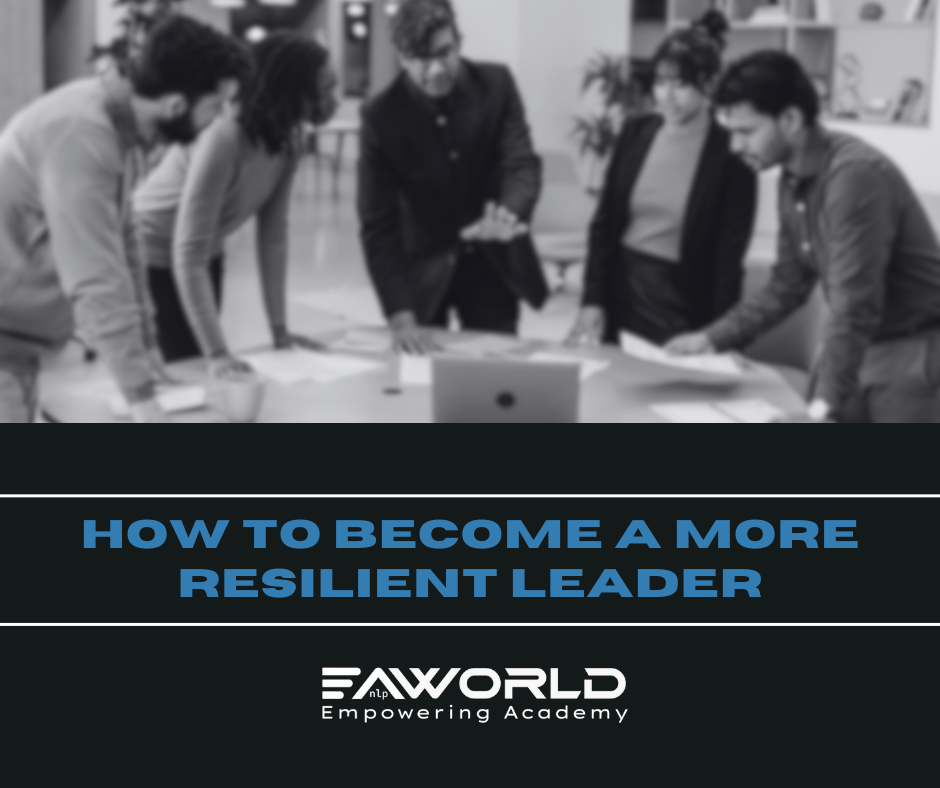
In today’s rapidly changing business environment, resilience has become one of the most essential qualities for effective leadership. Resilient leaders are able to navigate challenges, adapt to unforeseen circumstances, and support their teams through difficult times. Building resilience is not about avoiding stress or hardship but about developing the mindset, skills, and strategies needed to thrive under pressure. Here’s a guide to help you become a more resilient leader, capable of facing and overcoming adversity in any professional landscape.
Here’s a guide to help you become a more resilient leader, capable of facing and overcoming adversity in any professional landscape
Cultivate a Growth Mindset
Build Strong Emotional Intelligence
Develop Adaptability and Flexibility
Prioritize Self-Care and Well-Being
Strengthen Your Support Network
Stay Solution-Oriented
Accountability and Integrity
Empathy and Compassion
Motivation and Empowerment
Commitment to Learning and Development
Focus on Results and Accountability
Maintain a Long-Term Perspective
Investing in Leadership Programs
At EANLPWorld, our focus is on empowering C-level managers and executives to develop resilience and other vital leadership qualities. Through our specialized programs, we provide advanced training tailored to the unique challenges faced by senior leaders, equipping them with the tools and insights needed to drive their organizations forward. Our approach integrates well-being, emotional intelligence, and strategic adaptability, helping leaders build resilience and excel in today’s dynamic business landscape.

